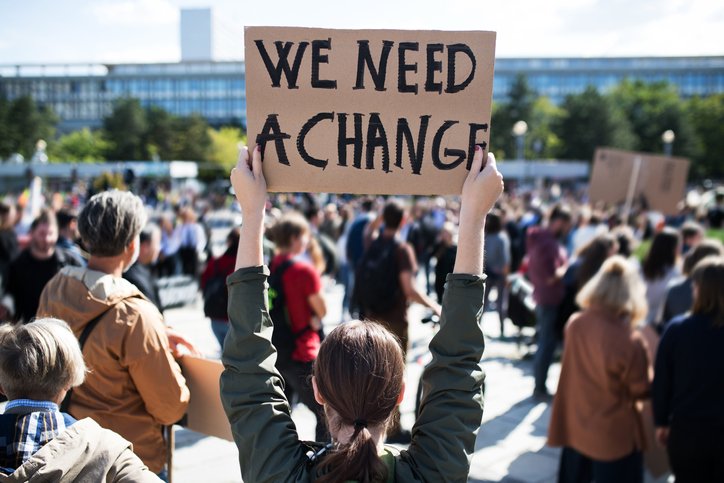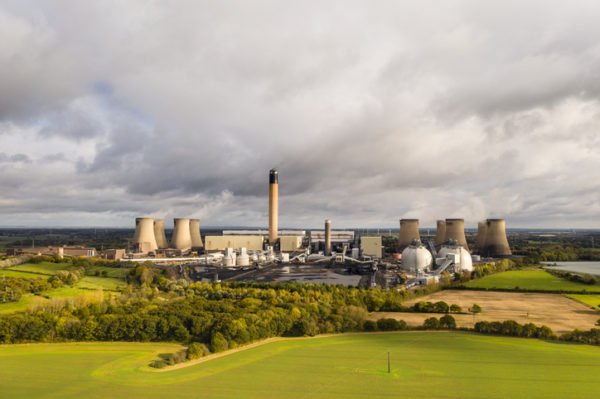Most of them recognise that much of the declared profitability of their companies is based predominantly on being able to go on externalising many of their costs – for emissions of greenhouse gases, for plastic and chemical pollution, for ecosystem degradation, for perpetuating poverty through their supply chains and so on.
If those costs were to be properly represented on their P&L, rather than imposed on society, the environment and future generations, then we’d already be discussing a very different kind of capitalism.
Are we complicit?
I’ve worked with a lot of CEOs over the last 30 years – all hugely well paid, highly influential and even powerful people.
What’s constantly amazed me is the fact that so many of them still feel trapped, unable to use their entitled positions to accelerate real change in today’s dominant economic paradigm – even though they’re increasingly aware that time is running out to make those changes.
Does that make them complicit in what UN secretary-general António Guterres has described as our ‘mutual suicide pact’? It does.
It also makes those of us who work with their companies equally complicit – unless we unambiguously spell out what it would really mean for them to act as a ‘force for good’ in today’s troubled world.
Given how useless most governments are in narrowing the gap between what the science tells us we should be doing and what we’re actually doing, it’s all the more important for business leaders to add their voices to leading scientists and civil society campaigners to get that gap narrowed.
10% for the Planet
There’s a great organisation called 1% for the Planet, which enables companies to give 1% of their revenues (not their profit!) to support environmental organisations and campaigns.
I’m also a great believer in personal tithing (where individuals undertake to give a percentage of their personal income, every year, to charitable causes), and dreamed the other day of a new initiative called ‘10% for the Planet’.
This would make it possible for morally stricken business leaders to pay in (anonymously, if they so wished) to a global clearing house which would then channel those funds into radical campaigning groups – Just Stop Oil, outspoken scientists, XR, young people’s climate campaigns and so on.
Unrealistic, of course. But we all know that things are not going to change fast enough without those scientists and more radical activists continuing to expose the shameful, deeply immoral inertia of most governments today.
That’s not to belittle the work of organisations like Forum for the Future and the Business and Sustainability Programme, but it is to suggest that our challenge to individual business leaders must take on an extra dimension.
Jonathon Porritt is an author, campaigner, founder-director of Forum for the Future and former chair of the UK Sustainable Development Commission (2000-2009).
 Play Video about This Rock Might Just Save The World
Play Video about This Rock Might Just Save The World Play Video about Play 2 hours of rock
Play Video about Play 2 hours of rock Play Video about Play 2 hours of brook
Play Video about Play 2 hours of brook Play Video about Play 2 hours of sheep
Play Video about Play 2 hours of sheep















































